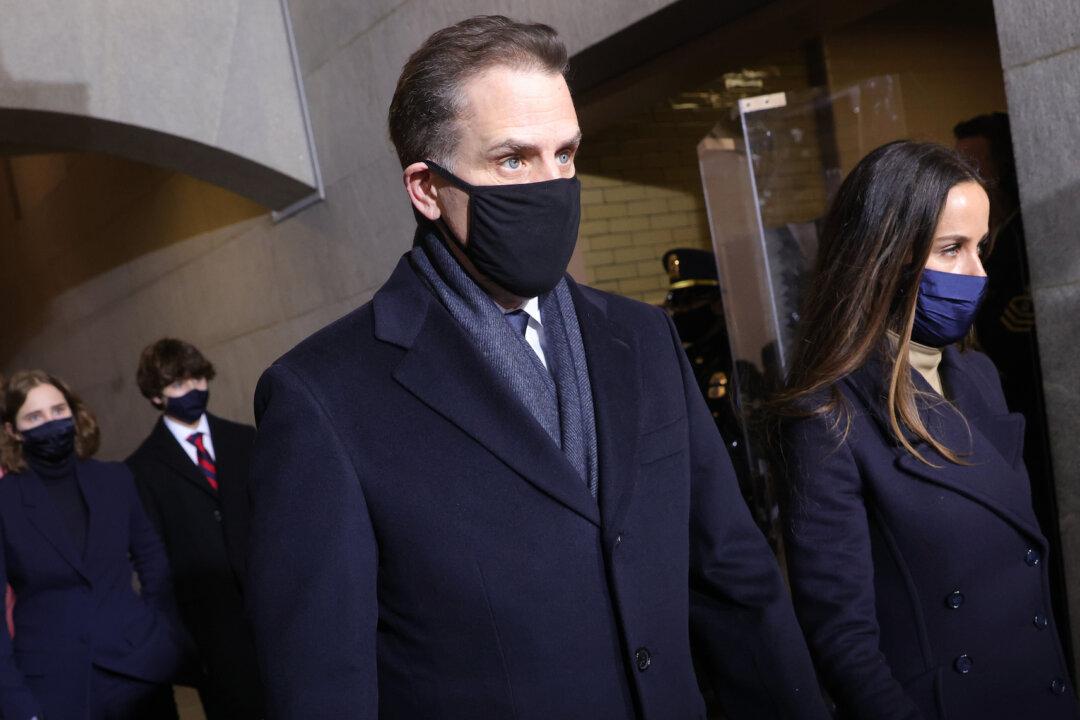The prosecutor who brought charges against President Joe Biden’s son said on June 30 that he does not have the authority to bring charges outside of one state.
U.S. Attorney for the District of Delaware David Weiss acknowledged that his charging authority “is geographically limited to my home district.”





